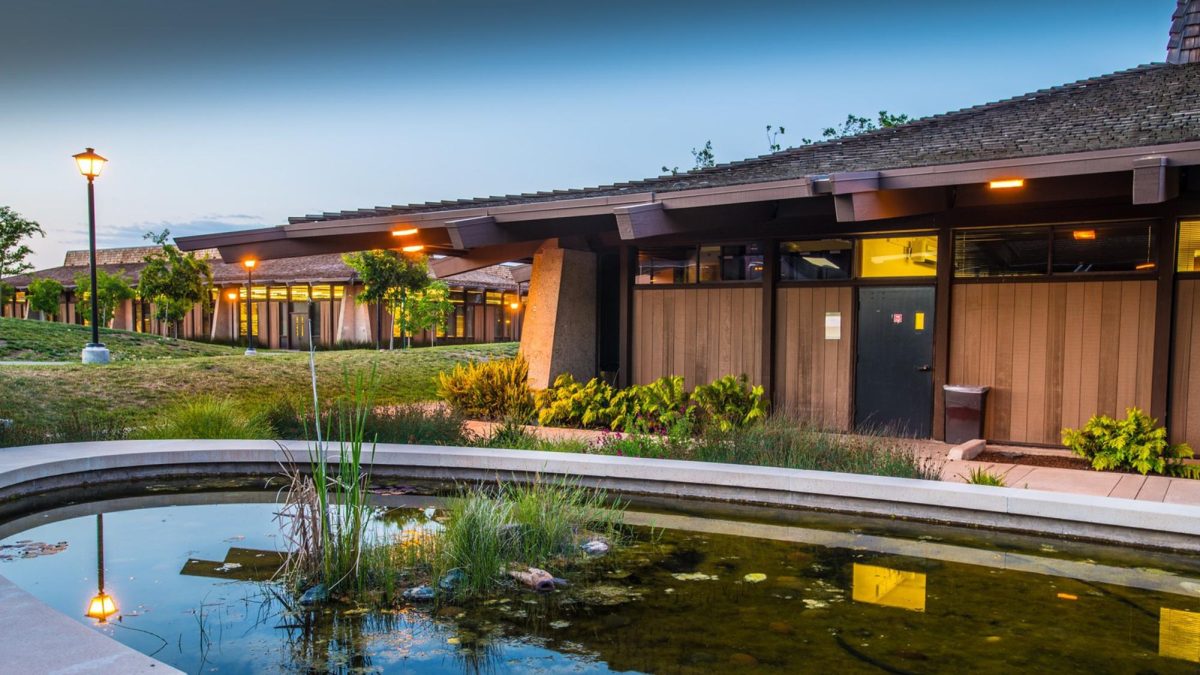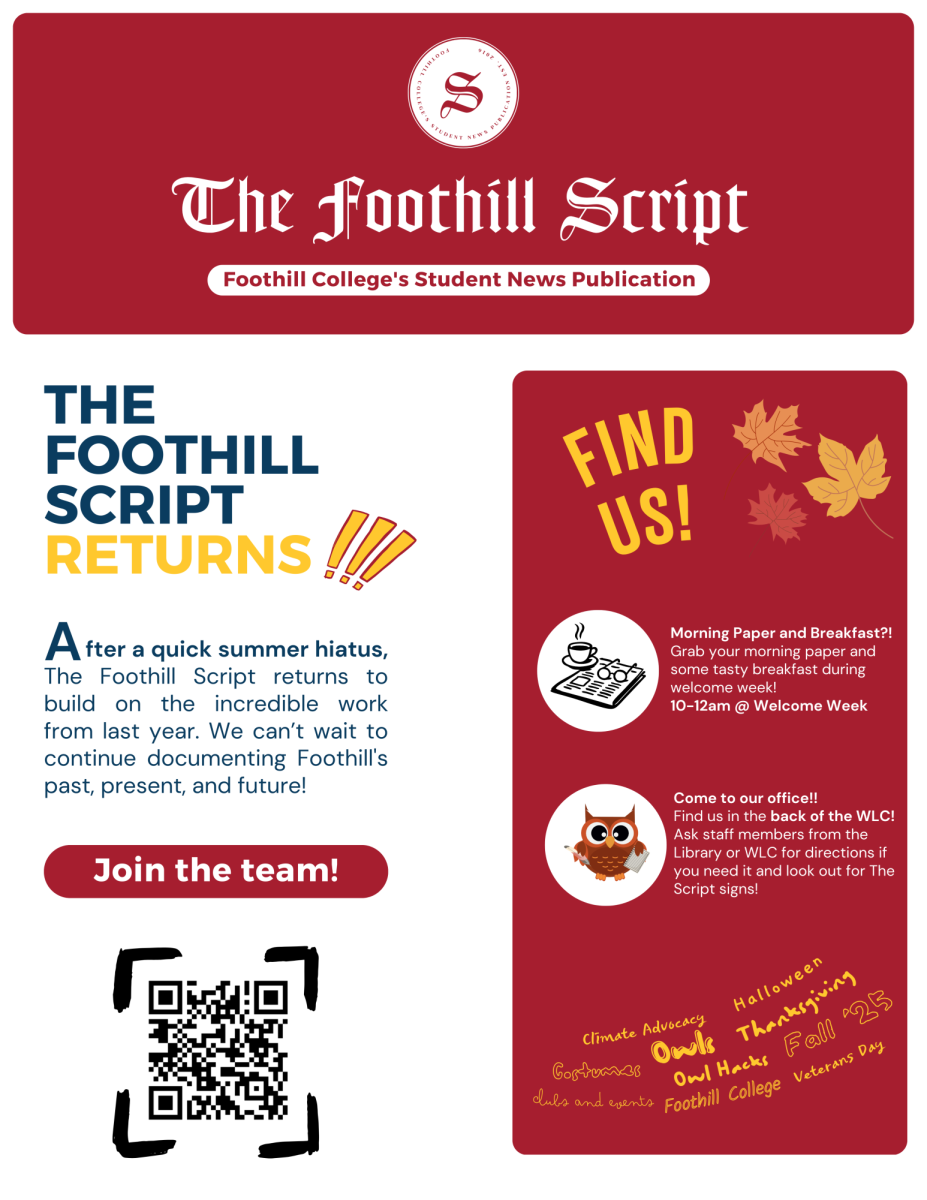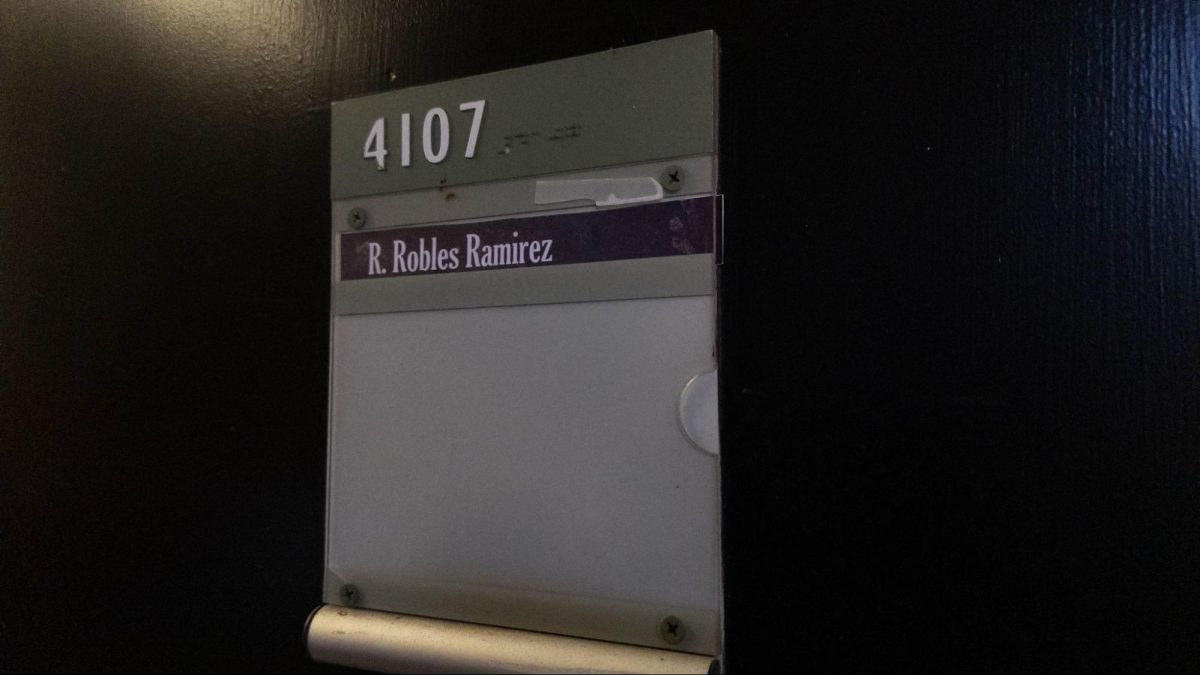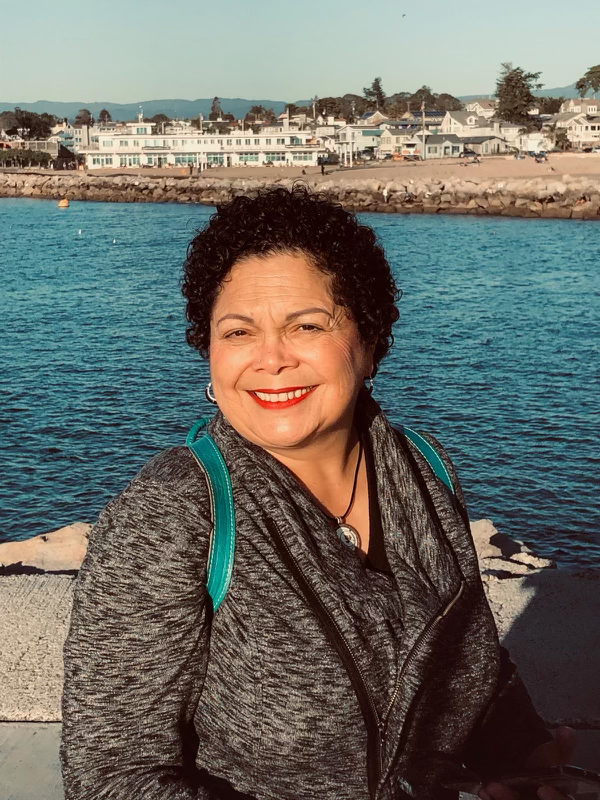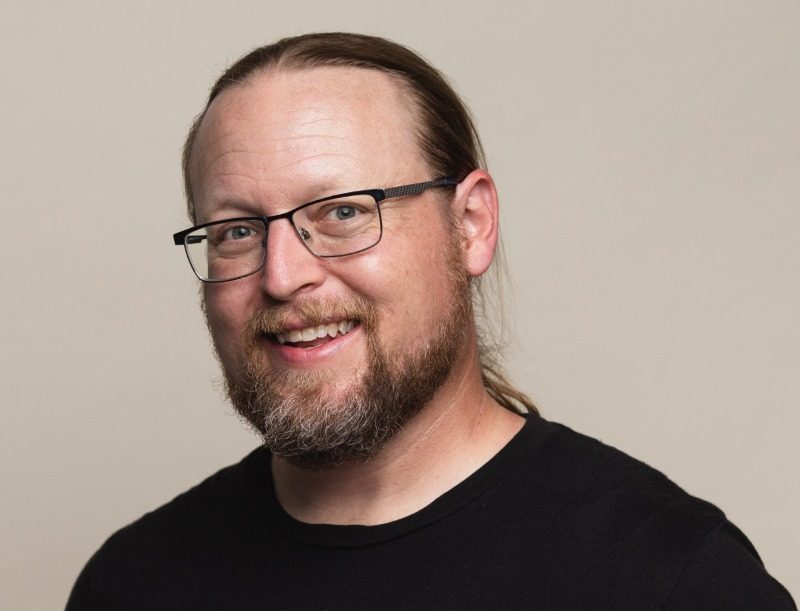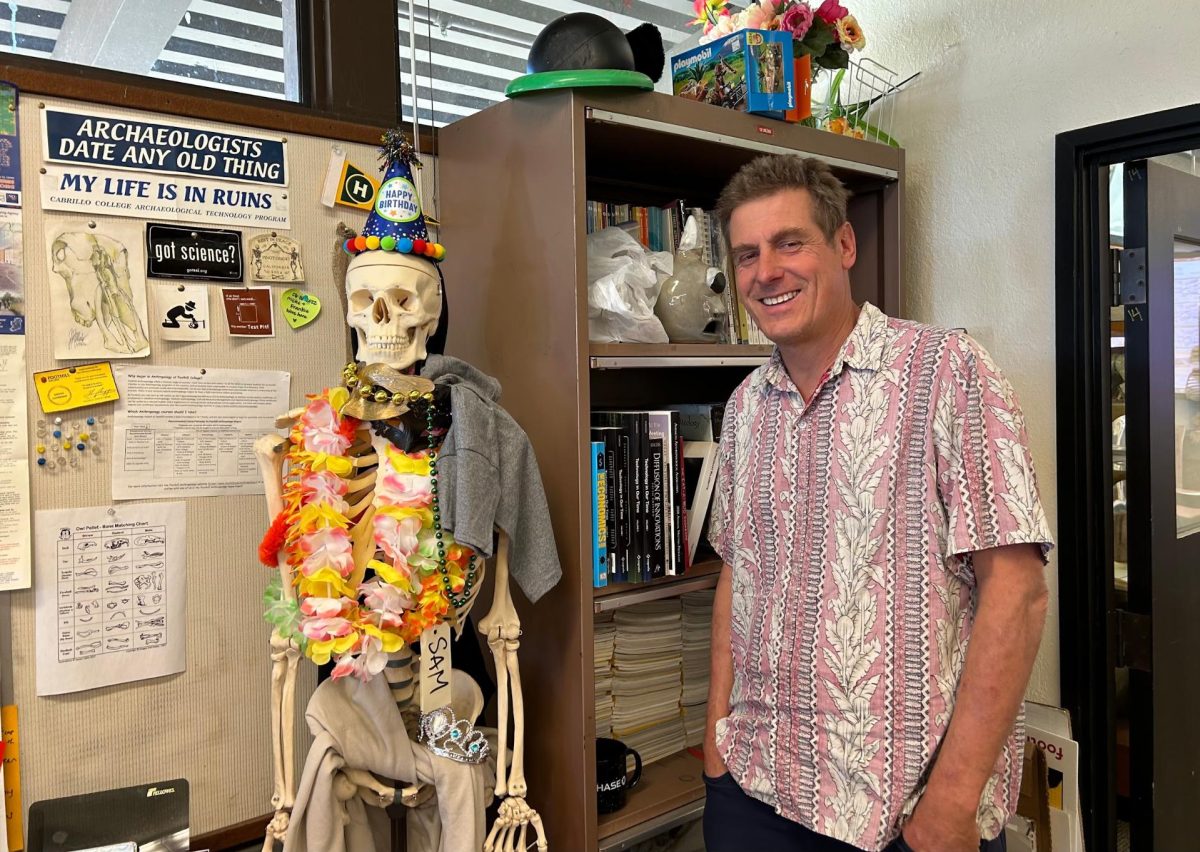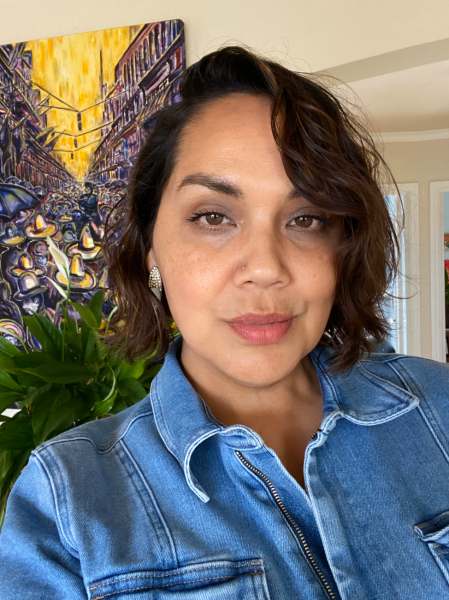
When you first meet Professor Suzy Quezada, you’re met with warm, inviting eyes and a beaming smile. She talks in a highly intelligent manner laced with wit and sarcasm, but her words convey an empathetic and ambitious disposition. As a published author and Professor of English at Foothill, she’s used to employing that voice both on and off campus, and she’s been doing it for decades.
Her roots trace back to San Jose, California, where she grew up under migrant parents working in the agricultural circuit. Both her mother and father were also heavily involved in the United Farm Workers Union, where they were able to assist in organizing the grape boycott movement of the 80s. The movement sought to end the use of pesticides on farms, as well as create better working conditions for poor farmers. Although Professor Quezada’s mother was the only farm worker in the family, her father was also involved in the union at the old Kaiser Cement Plant.
When she looks back on these early childhood exposures to activism, Professor Quezada feels grateful that she could be part of it in some way. Reflecting on how these opportunities helped shape her, she emphasized “the significance of community building and the strength of using one’s voice to demand a different and better life.”
Once she began attending classes at UC Berkeley as an undergrad, Professor Quezada was able to continue her parent’s legacy through civic activism. At just 19 years old, she started rallying her fellow students to vote against California Proposition 187, a state ballot initiative aimed against undocumented immigrants. Proposition 187’s purpose was designed to deny undocumented immigrants basic human rights such as public education, non-emergency health services, and other social services. Although the law was passed by California voters in 1994, it was later deemed unconstitutional by a federal court.
Professor Quezada’s activism did not stop there, however. Shortly after her battle against Prop 187, she joined a local nonprofit as a youth organizer. There, she was able to fundraise for and establish homework centers for Eastside San Jose students. Eventually, her work with the organization culminated with the creation of a Youth Center on the Eastside of San Jose. “We were able to secure money and space to create a community center that would offer, you know, basketball, arts, and crafts… things like cultural events that would hold students during [latchkey hours].”
After Quezada finished with undergrad and the nonprofit field, she immediately began taking her skills to the education sector. She taught middle school in San Jose, and after only a year, she was ready to return to college to get her master’s. In the end, UC Santa Cruz turned out to be the best choice, and she received her MA in Education with a specialization in Literary Development. From there, she honed and refined her skills as an educator within high school, middle school, and community college classrooms.
In 2005, she was hired at Foothill and has been making her mark ever since. During the course of her time as a professor at Foothill, Quezada has been a fierce advocate for student involvement in local and national politics. She is always quick to inform her students of campus events or activism opportunities, just like the ones she was involved in as a young undergrad.
She also takes great care to ensure that the material she teaches is from contemporary voices. By doing so, she hopes “to encourage students to think about other perspectives and to expose folks to ideas and stories and narratives that might be new to them.” The goal is to guide students to a place where they feel comfortable to question that which they think they know. Then, from there, students can learn to think critically and develop a passion around issues that genuinely matter to them.
Aside from her focus on including contemporary voices and encouraging students to be active in their community, Professor Quezada is currently testing out a new system of grading. The new system, known as “(UN)Grading,” is designed to take students’ focus off of letter grades and onto actual learning. The main backbone of the grading system is centered around one-on-one feedback and personal growth, which is critical for long-term learning and retention.
Professor Quezada has found that when letter grades are not emphasized, there is more room for students to take educational risks and less opportunity for plain old memorization and regurgitation. This strategy also alleviates much of the performance-induced stress that many experience as a result of letter grades.
With all that in mind, it is no surprise that Professor Quezada is keeping up all the amazing work she is doing and carrying it over to spring quarter. She will be teaching a creative writing course called Poetry in Community (CRWR 25A), as well as an English course called Latino/a Literature (ENGL 31). Additionally, she will be maintaining her position as the Foothill Poets Society advisor. If you want to become an excellent writer, make a difference on campus, or even just meet a real difference maker, make sure to stop by room 6025 during Professor Quezada’s office hours or check out her upcoming spring courses.






